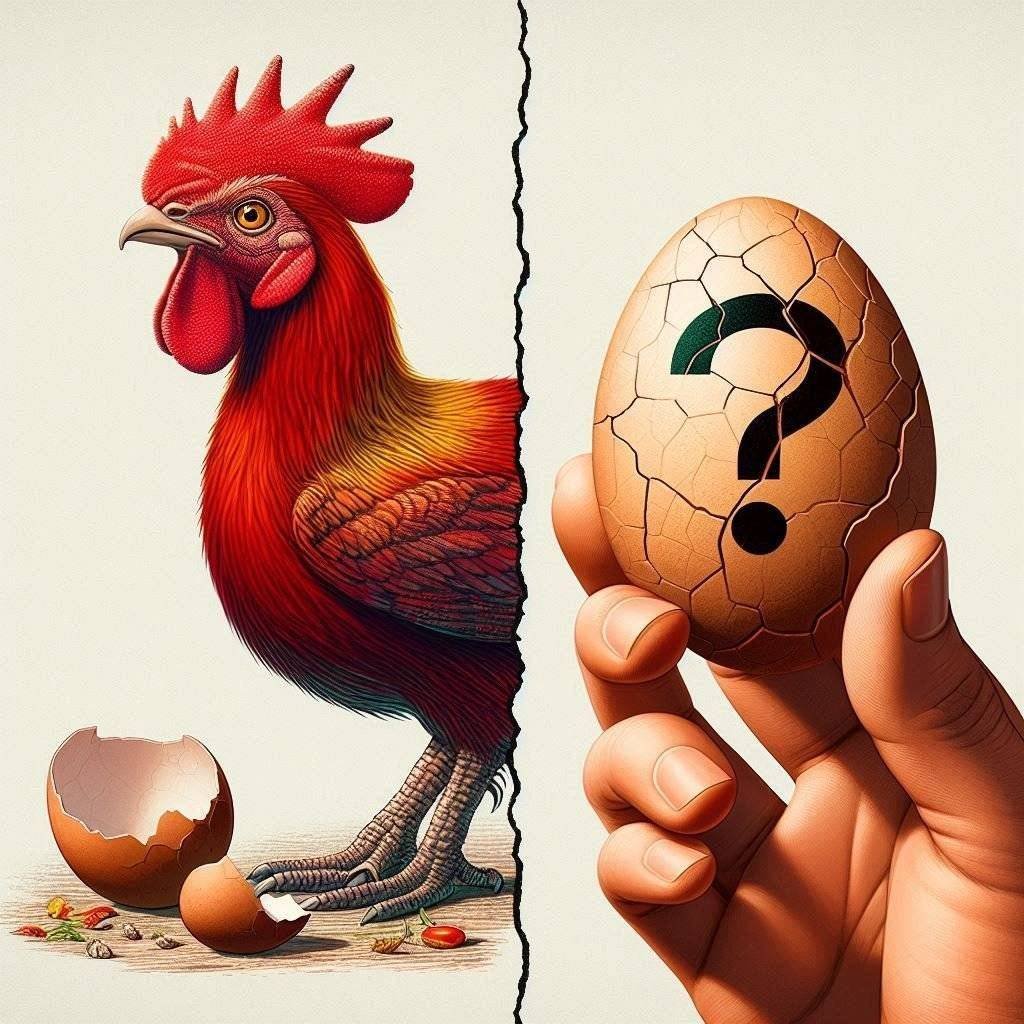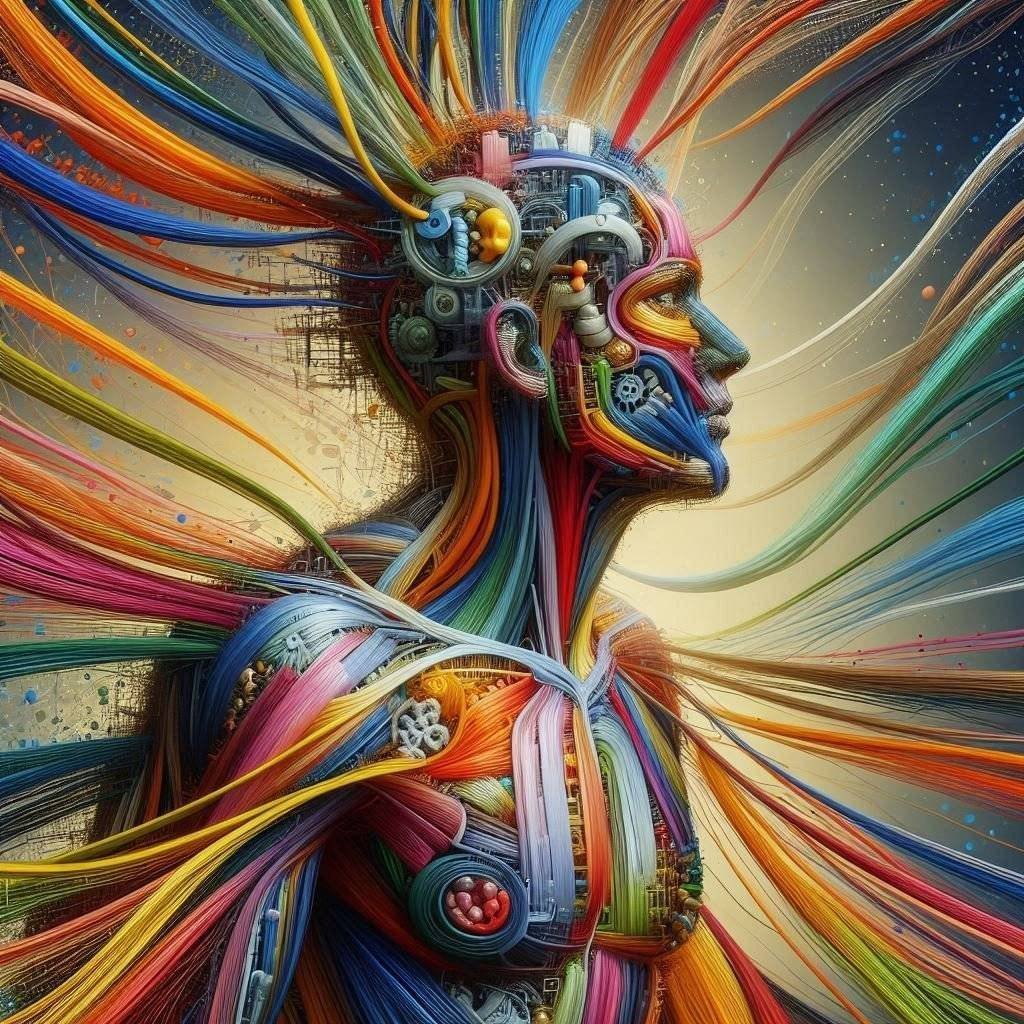The concept of an all-powerful being, often referred to as omnipotent, is a cornerstone of many religions and philosophical discussions. However, the very notion of omnipotence raises a curious question: Can an all-powerful being create a task or challenge that even they cannot overcome? This question forms the core of the Omnipotence Paradox, a thought experiment that challenges our understanding of power and its limitations.
The Paradox Explained:
Imagine an omnipotent being with limitless power. Here’s the challenge:
- Scenario 1: The Uncreatable Task
- If the omnipotent being cannot create a task they cannot complete, then their power seems limited.
- Contradiction 1: But wouldn’t the inability to create such a task itself be a limitation on their power?
- Scenario 2: The Created Task
- If the omnipotent being can create a task they cannot complete, then there exists something they cannot do.
- Contradiction 2: An all-powerful being by definition should be able to do anything, so the existence of such a task contradicts their omnipotence.
Implications of the Paradox:
The paradox forces us to examine the very meaning of omnipotence and its potential limitations:
- Logical Inconsistencies: The two scenarios within the paradox lead to contradictory outcomes, highlighting the potential problems with the concept of absolute power.
- Defining Power: The paradox suggests that perhaps ‘power’ itself has limitations. Perhaps true omnipotence is not possible within the constraints of logic and language.
Interpretations and Reconciliations:
Philosophers and theologians have offered various interpretations to reconcile the paradox:
- Restricted Omnipotence: This view suggests that omnipotence is not absolute. An omnipotent being might be limited by their own nature or by the laws of logic.
- Paradoxical Language: Perhaps statements about absolute power are inherently paradoxical and cannot be fully grasped within the limitations of human language.
- Focus on Will, not Ability: Some argue that omnipotence refers to the ability to do anything one desires, not the capacity to do everything logically possible.
Beyond Religion: The Paradox in Modern Contexts:
The Omnipotence Paradox has applications beyond religious discussions:
- Artificial Intelligence (AI): As AI advances, the question of limitations arises. Could we create an AI so powerful it surpasses human control? The paradox serves as a reminder of the potential dangers of unchecked power.
- Fictional Omnipotence: Superheroes and omnipotent characters in fiction often face limitations within their stories. The paradox offers a framework for understanding how to create narratives around seemingly limitless power.
The Paradox as a Tool for Exploration:
The Omnipotence Paradox, though seemingly frustrating, offers valuable lessons:
- Critical Thinking: It encourages us to examine the limits of language and logic when dealing with concepts like omnipotence.
- Reconciling Contradictions: It challenges us to explore seemingly contradictory ideas and find ways to reconcile them.
- Understanding Power: The paradox prompts us to think about the nature of power itself, its limitations, and its potential consequences.
Beyond the Paradox: The Mystery of Power
The Omnipotence Paradox reminds us that the concept of absolute power is complex and multifaceted. It may not be possible to definitively define or achieve true omnipotence within the bounds of logic and language. However, this paradox serves as a valuable tool for exploring the limits of power, the challenges of defining it, and the consequences of unchecked authority. While the ultimate question of an all-powerful being’s capabilities may remain unanswered, the journey of exploration ignited by the Omnipotence Paradox continues.



